Everyone’s Still Begging Jolene: Dolly Parton’s Most Played Song Explained
Something about Dolly Parton’s voice feels like a hug, even when she’s singing heartbreak. Over the decades, she’s written and recorded songs that hit country, pop, and even disco charts. This list rounds up Dolly’s most listened-to songs and unpacks the real stories behind them.
Down From Dover – 1 Million Streams
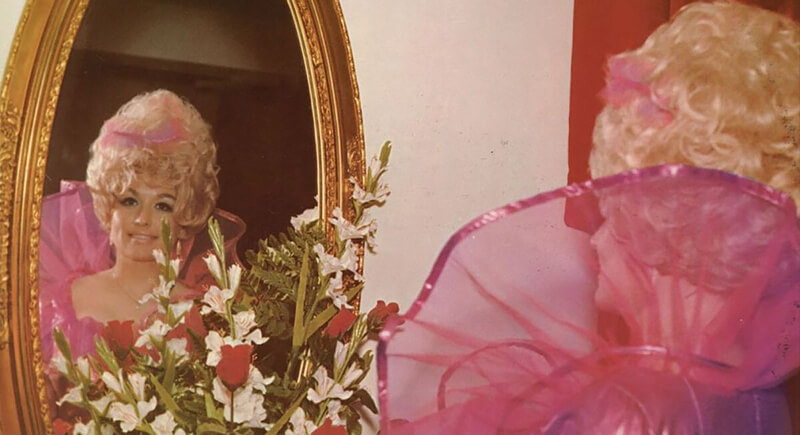
Credit: Spotify
When Dolly first recorded this haunting ballad in 1970, radio stations didn’t want to touch it. The story of a pregnant woman abandoned by her lover was too raw. Years later, critics called it ahead of its time, and it’s remembered as one of Dolly’s most emotional tracks.
Touch Your Woman – 1.3 Million Streams
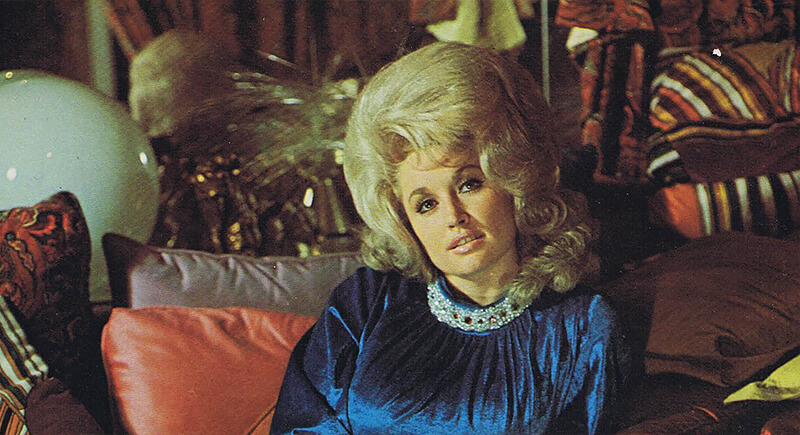
Credit: Wikipedia
In 1972, Dolly released this song, knowing it might stir up some trouble. It was romantic, a little sultry, and not the kind of thing country radio was ready for. Some stations wouldn’t play it. Still, it earned a Grammy nomination and marked the start of Dolly taking more creative risks.
Dumb Blonde – 2.4 Million Streams
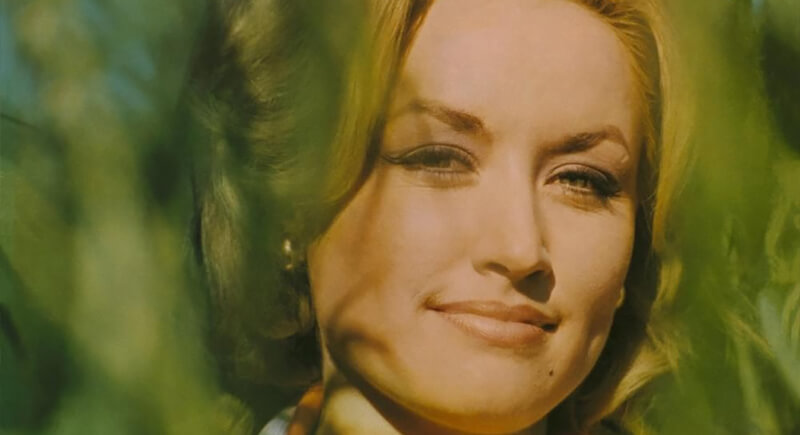
Credit: Spotify
Despite not writing this one herself, Dolly used Dumb Blonde as her foot-in-the-door track. It hit No. 24 on the country charts and introduced her signature mix of humor and smarts. The lyrics flipped stereotypes on their head and proved early on that she could out-sing and outthink anyone who underestimated her.
The Seeker – 2.9 Million Streams
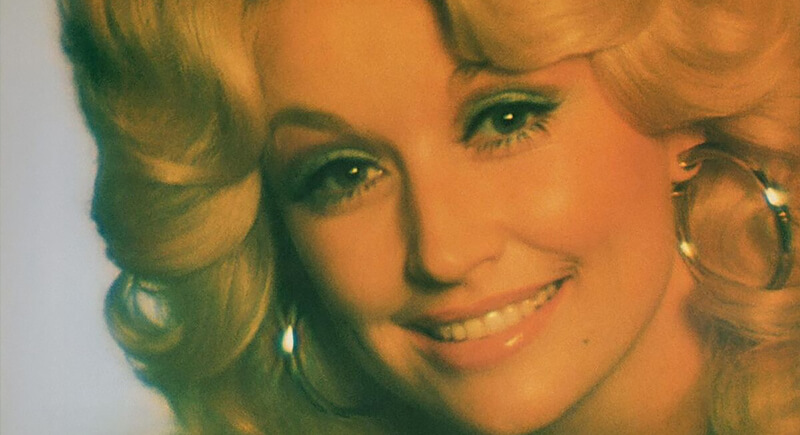
Credit: Wikipedia
Faith has always been a part of Dolly’s story, and The Seeker reflects that without preaching. It was written during a time of personal reflection, and is less about religion and more about looking for guidance. It still resonates with listeners who don’t consider themselves particularly religious.
Just Because I’m a Woman – 7.5 Million Streams
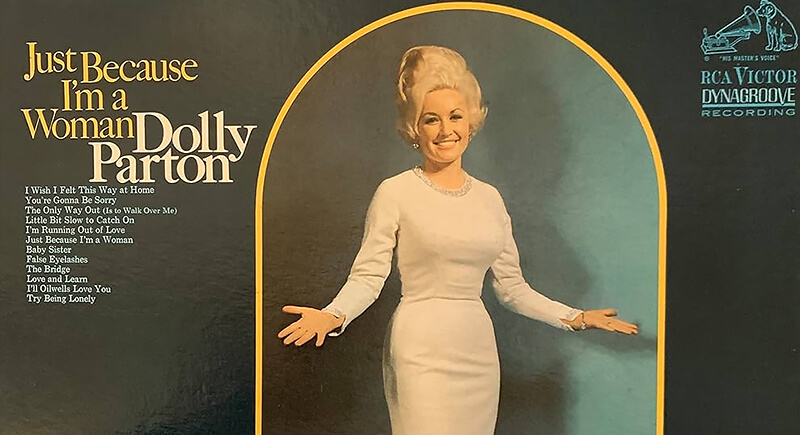
Credit: Amazon
Dolly didn’t tiptoe around double standards in 1968. This song came after her husband asked about her past, which prompted a now-iconic response. The lyrics don’t ask for approval but demand equality. Fans still cite it as one of her most powerful feminist anthems.
Old Flames Can’t Hold a Candle to You – 10.1 Million Streams
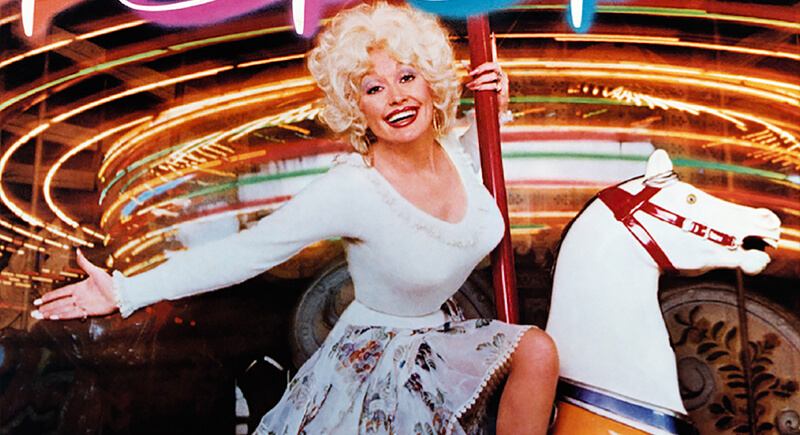
Credit: Spotify
Written by Kesha’s mom, Patricia Rose Sebert, this song landed in Dolly’s lap in 1980. Years later, Kesha would cover it with Dolly herself and bridge two generations with a shared story about letting go of the past and loving someone right now, without fear or baggage.
The Bargain Store – 11.1 Million Streams
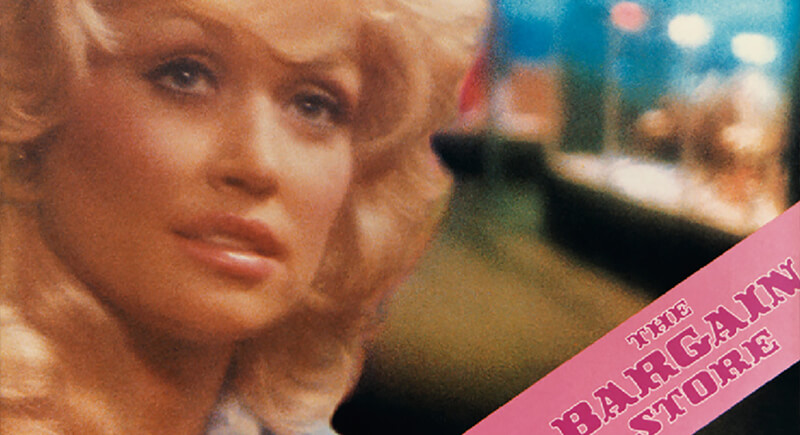
Credit: Wikipedia
This 1975 hit used a thrift store as a metaphor for emotional damage—brilliant but widely misunderstood. Many radio stations banned it, assuming the “come inside” lyric was suggestive. Dolly tried to explain, but mostly let the song speak for itself. It eventually hit No. 1.
My Tennessee Mountain Home – 13.8 Million Streams
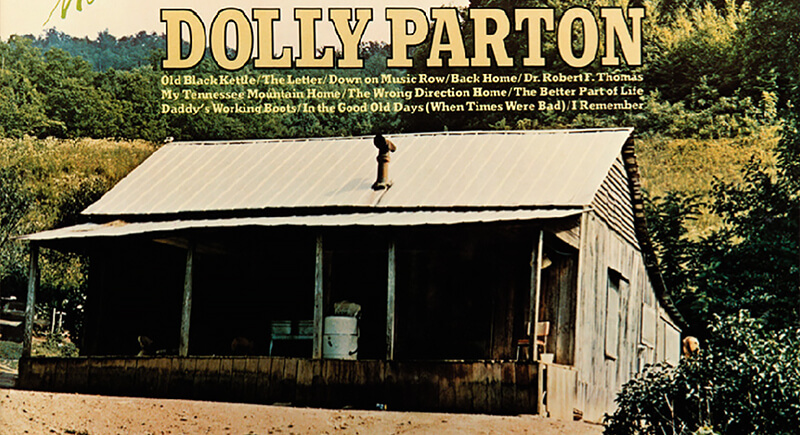
Credit: Wikipedia
This song came straight out of Dolly’s scrapbook. She wrote it while feeling homesick in Los Angeles and longing for the quiet life she’d left behind. Today, the Dollywood theme park entrance plays an instrumental version of this track as you walk in, like a welcome home from Dolly herself.
Love Is Like a Butterfly – 13.8 Million Streams
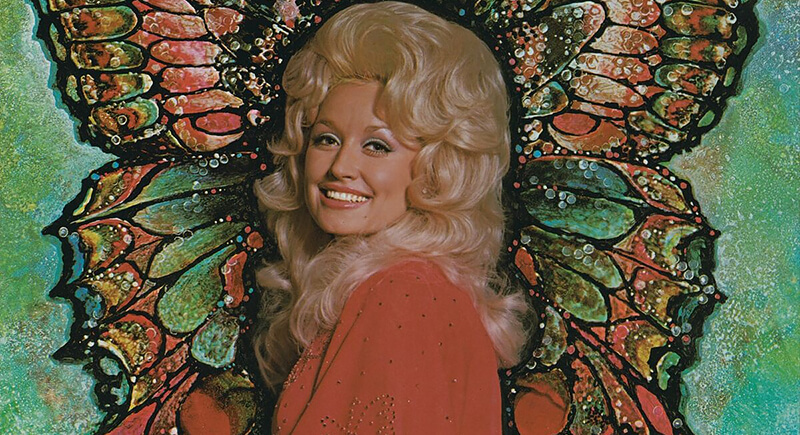
Credit: Spotify
She’s talked about her fascination with butterflies since childhood, and the theme of delicate love matched her image perfectly. Love Is Like A Butterfly became the theme song for her ’70s variety show, and butterflies have since appeared in her artwork, costumes, tattoos, and even Dollywood signage.
Why’d You Come In Here Lookin’ Like That – 29 Million Streams
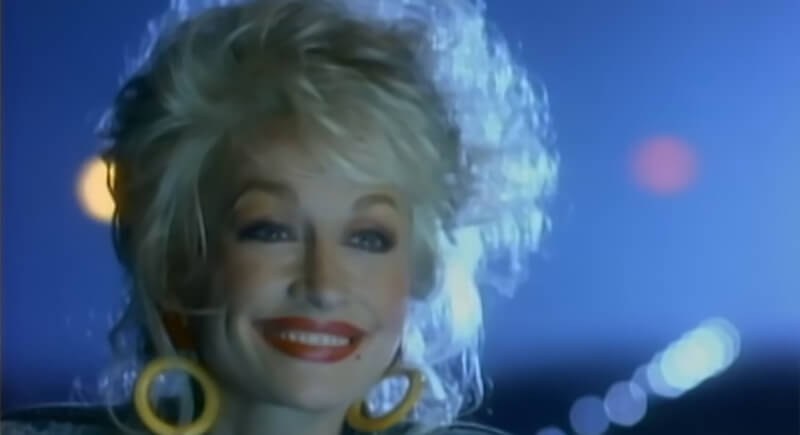
Credit: Youtube
This upbeat tune marked Dolly’s 22nd No. 1 on the country chart. The lyrics that straddle sass and flirtation became an anthem for women who spot a bad idea walking into a room. The song gave Dolly a radio hit and a fresh swagger in the late ’80s.
Here You Come Again – 139 Million Streams
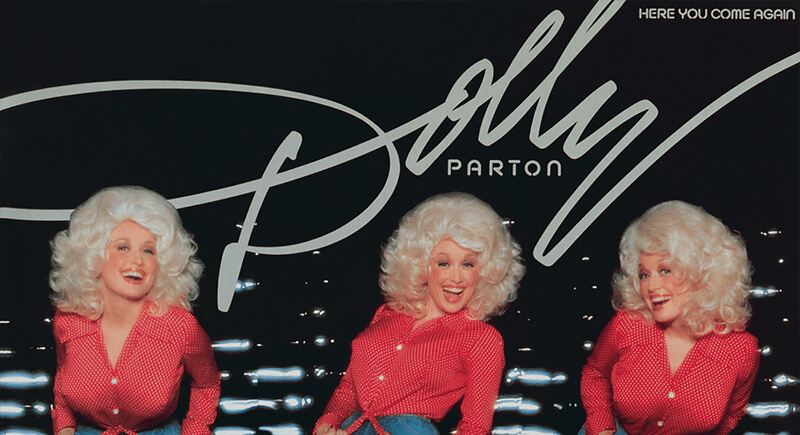
Credit: Wikipedia
Barry Mann and Cynthia Weil wrote this song with Brenda Lee in mind. Dolly thought it might be too pop, but her producer added a steel guitar, and she leaned into it. It became her first big crossover smash in 1977 and helped her break into Hollywood.
I Will Always Love You – 146.8 Million Streams
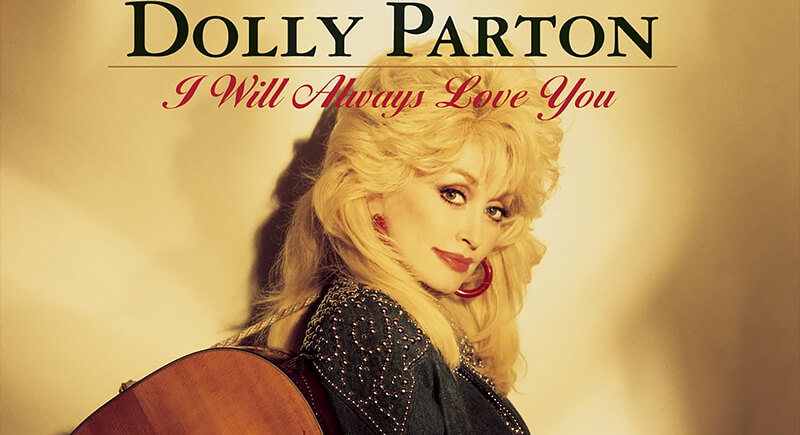
Credit: Amazon
Most people know the Whitney Houston version, but Dolly’s original was a heartfelt goodbye, not to a lover, but to Porter Wagoner. She left their musical partnership with a hug and a hit. She even sang it to him the day she told him goodbye while he cried.
Islands in the Stream – 499.4 Million Streams
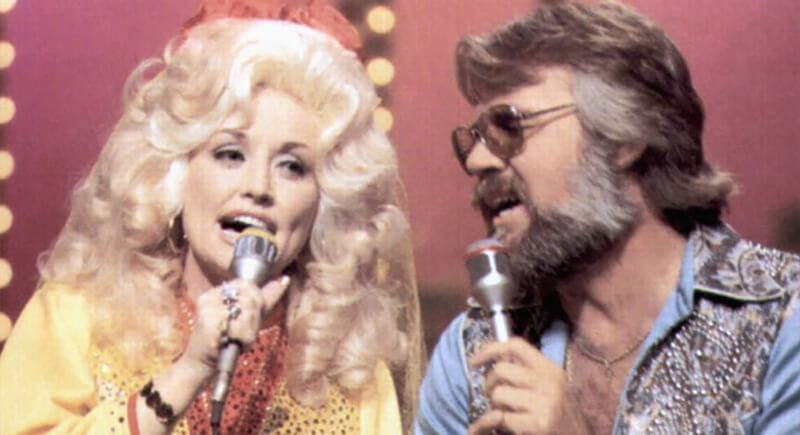
Credit: Facebook
Originally written by the Bee Gees for Marvin Gaye, Islands in the Stream became a hit when Kenny Rogers brought in Dolly. Their duet topped charts and became one of music’s most beloved collaborations. Its popularity spans generations, fueled further by covers, karaoke nights, and its sample in Ghetto Superstar.
9 to 5 – 762.1 Million Streams
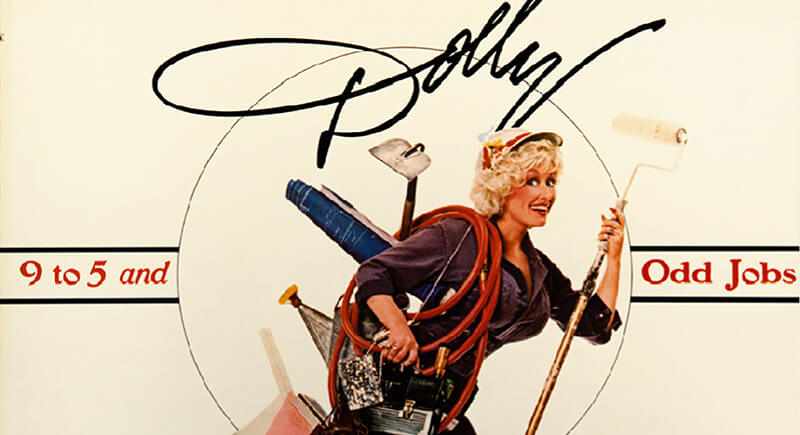
Credit: Wikipedia
Dolly Parton turned workplace frustration into pop-country gold with 9 to 5, written for the 1980 film she starred in. The catchy rhythm came from her fingernail tapping, and the lyrics stuck with working-class listeners. It remains a symbol of empowerment and a staple in feminist and labor movement playlists.
Jolene – 818 Million Streams
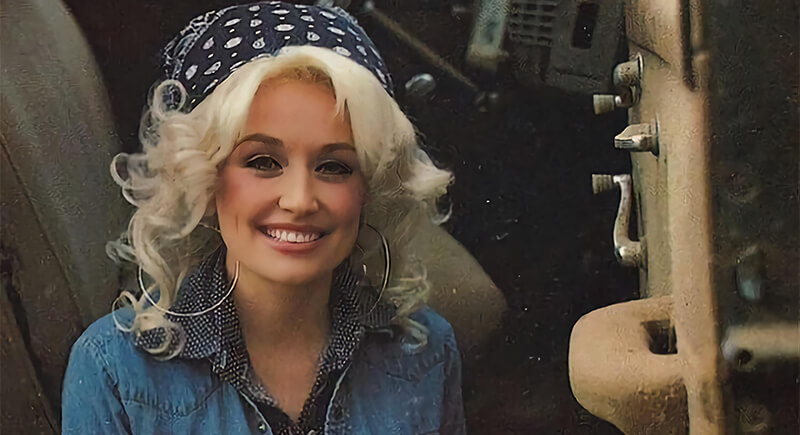
Credit: Reddit
No other song in her catalog has captured more imagination. Dolly wrote it in 1973, inspired by a red-haired bank teller who flirted with her husband and named after a young fan. Nearly every generation has rediscovered it, and none of us has stopped begging Jolene.